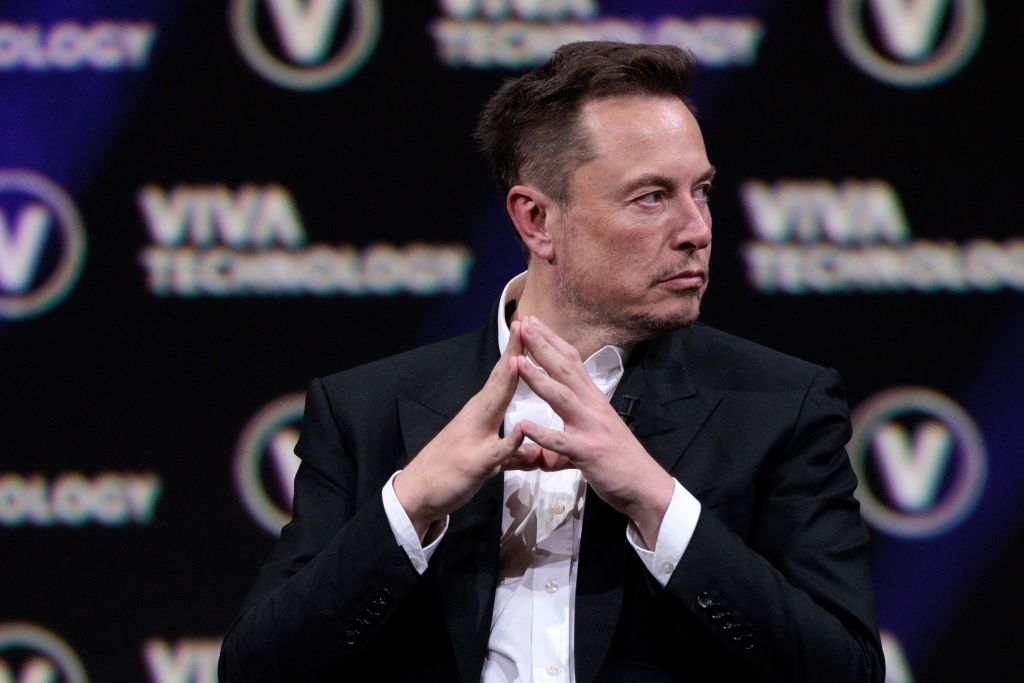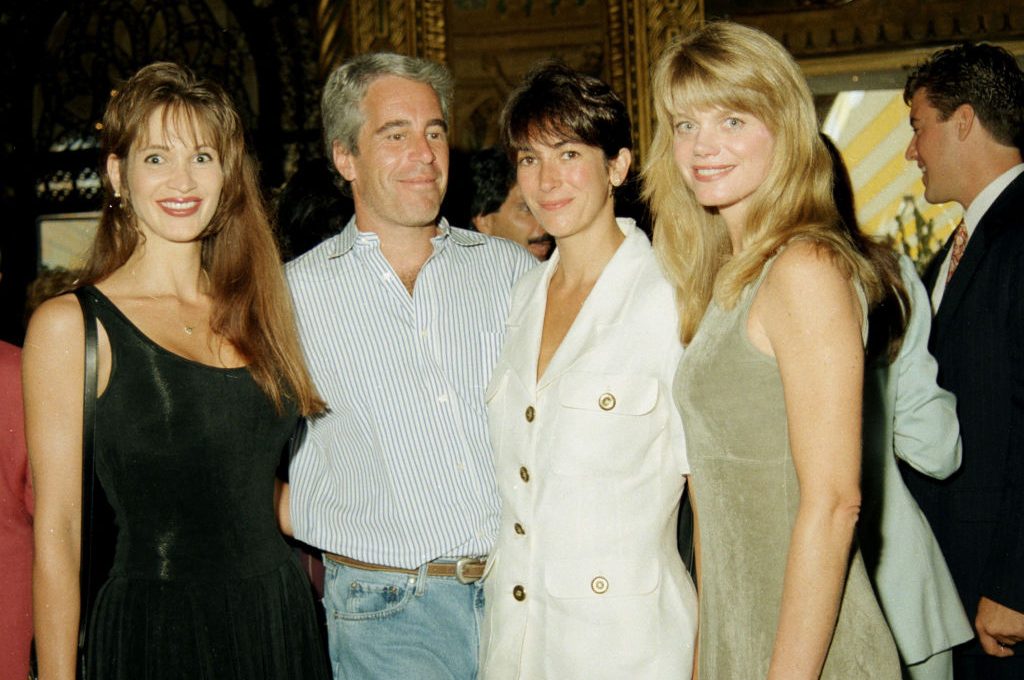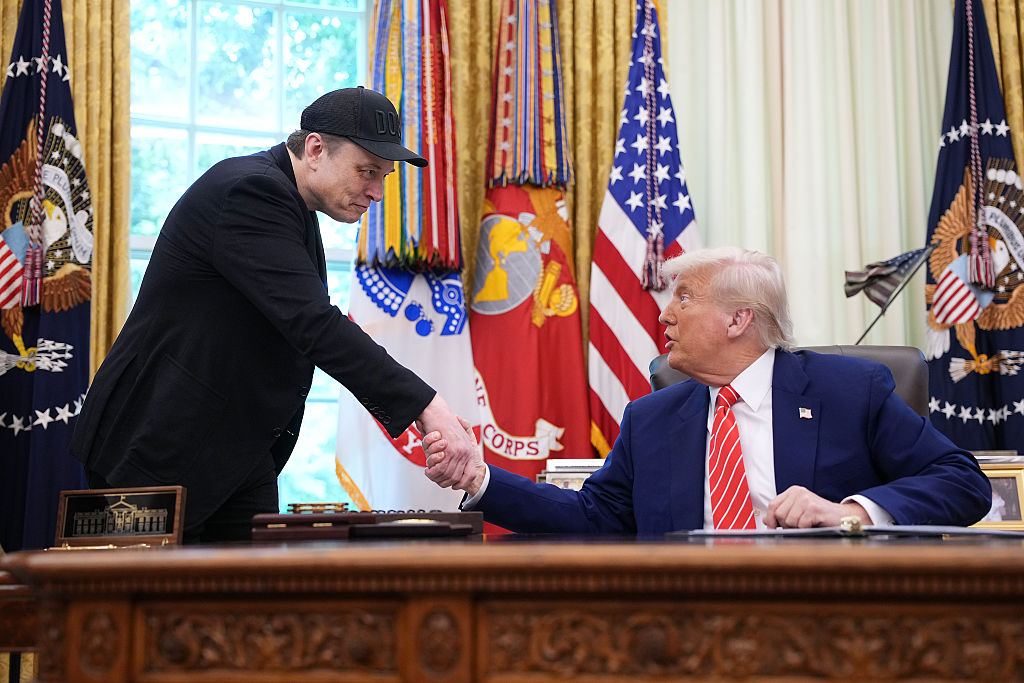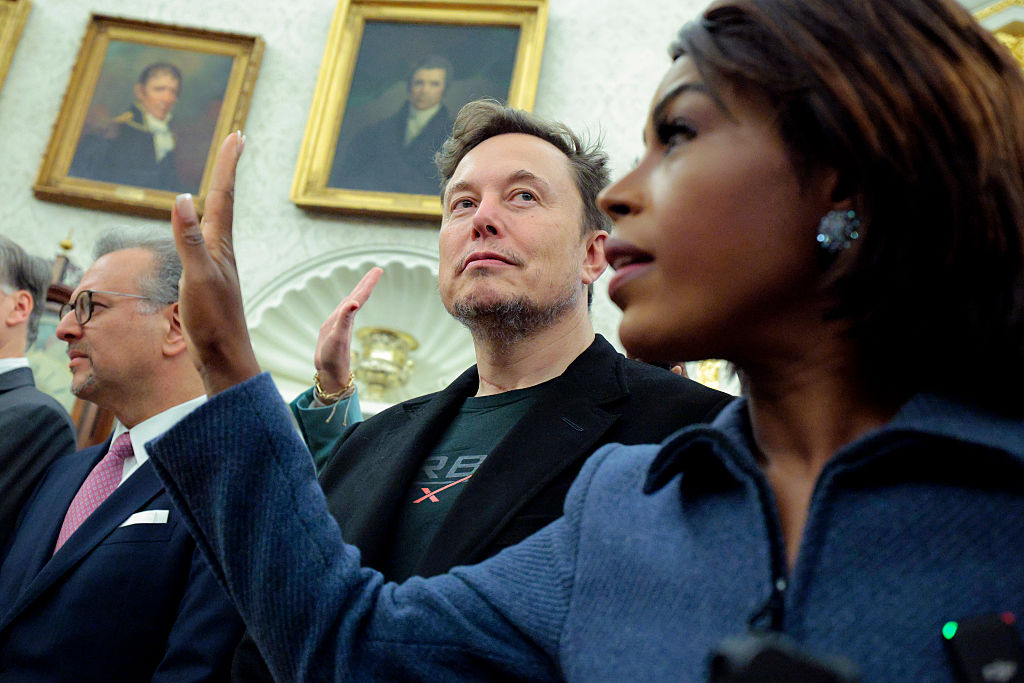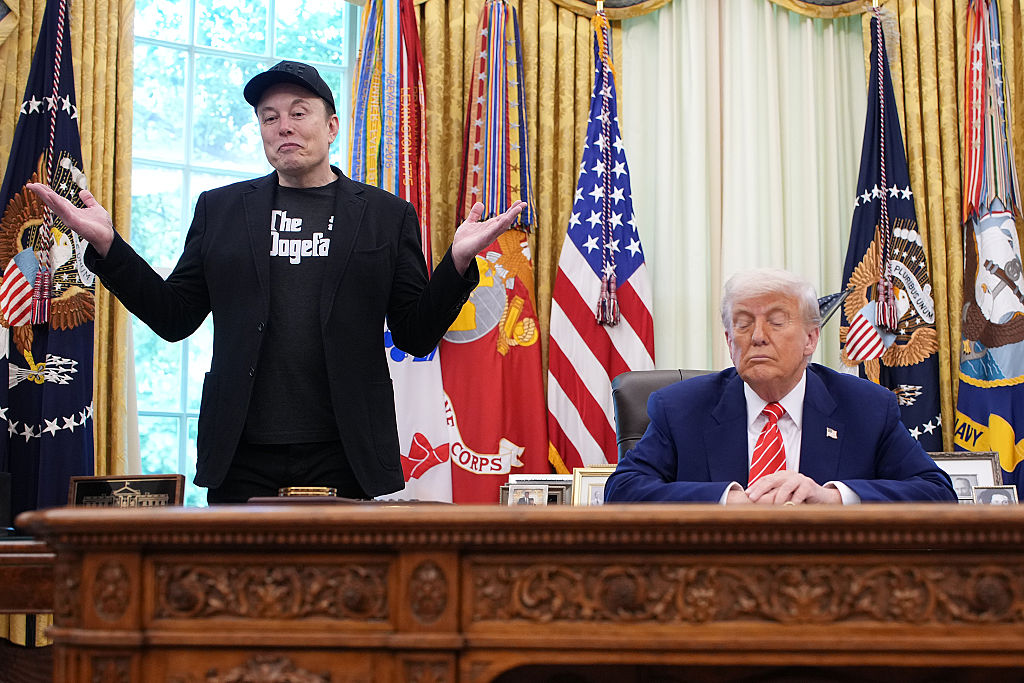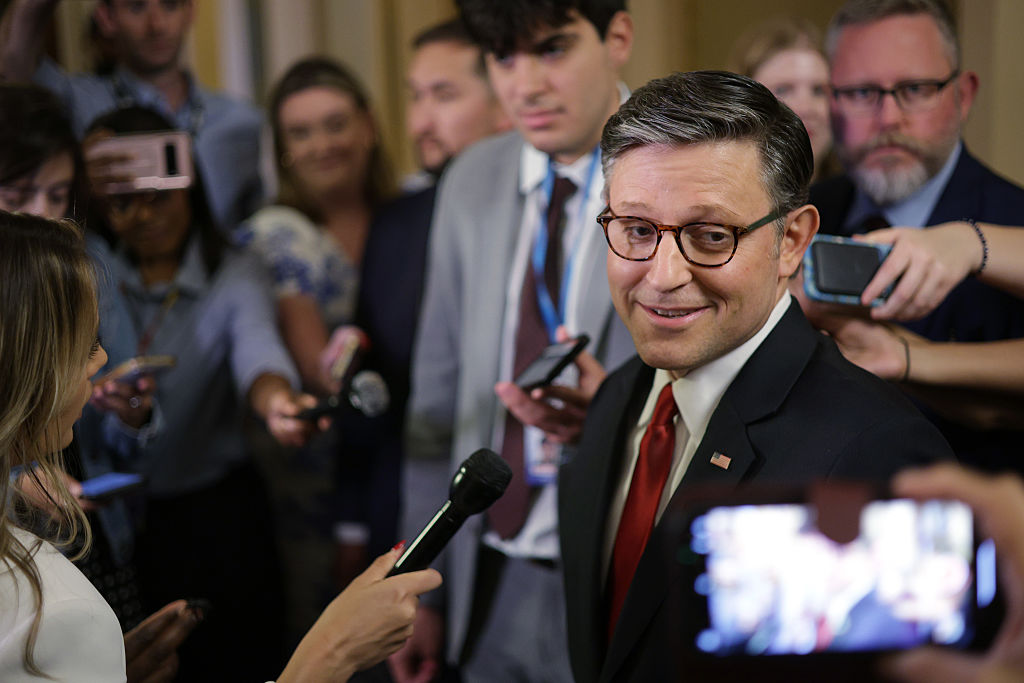We will need tighter regulation. We will need new laws and controls. And we will have to organize boycotts of advertisers to bring it into line. Ever since Elon Musk took over Twitter, and started to try and make the liberal-left’s favorite mouthpiece slightly more balanced, not to mention slightly more profitable, there have been endless demands to stop the libertarian billionaire from changing anything about it.
Politicians such as Democratic senator Amy Klobuchar have called for more content moderation and harsher punishment for spreading hate speech. Last October, the EU internal market commissioner Thierry Breton taunted Twitter, saying “In Europe, the bird will fly by our European rules.”
Competition is a far better way to control Musk than regulation ever will be
But hold on. A better alternative has now emerged: competition. With the launch of Threads later this week by Mark Zuckerberg, consumers will be able to choose what kind of social media platform they prefer — and that is surely a lot better than the government deciding for them.
The launch is nothing if not opportunitc. As Musk runs into another storm of criticism for his latest tweaks to Twitter, limiting the number of posts that users can read for free each day, Meta, the company that owns Facebook, WhatsApp and Instagram, will launch its rival service.
There were already alternatives to Twitter out there. But Threads will have the money and clout to create a genuine rival. With more than a billion users already across its different platforms, and with huge experience of social media, it will be the blue bird’s stiffest challenge yet. Anyone who finds Musk’s opinions objectionable can be outraged and angry on the impeccably liberal Mark Zuckerberg’s servers instead. If they are unhappy about its service, they can even appeal directly to Sir Nick Clegg, his loyal right hand man.
Of course, whether Threads works or not remains to be seen. As the money wasted on its virtual reality headset demonstrated, Meta is as capable of blowing a few billion on a hopeless new product as anyone.
Even so, the important point is surely this: competition is a far better way to control Musk than regulation ever will be. If the site is too right-wing, or charges too much, of its algorithm promotes hate-speech, or it doesn’t sufficiently respect people’s privacy, then its users can simply opt for Threads instead.
Indeed, big tech works best when it’s giant players go after each other. Alphabet, the owner of Google, has made a sustained attack on Apple in the smartphone market, with both its own operating system in Android, and now its own handset in the excellent Pixel. Meanwhile, Amazon has been attacking Google in web advertising with its own promotional tools. Prices come down, there is more choice, and the power of the dominant provider starts to decline.
If this finally happens in social media, then so much the better. And we won’t need any new laws or regulatory agencies, no matter how much people on Twitter, or indeed Threads, might demand them.
This article was originally published on The Spectator’s UK website.



